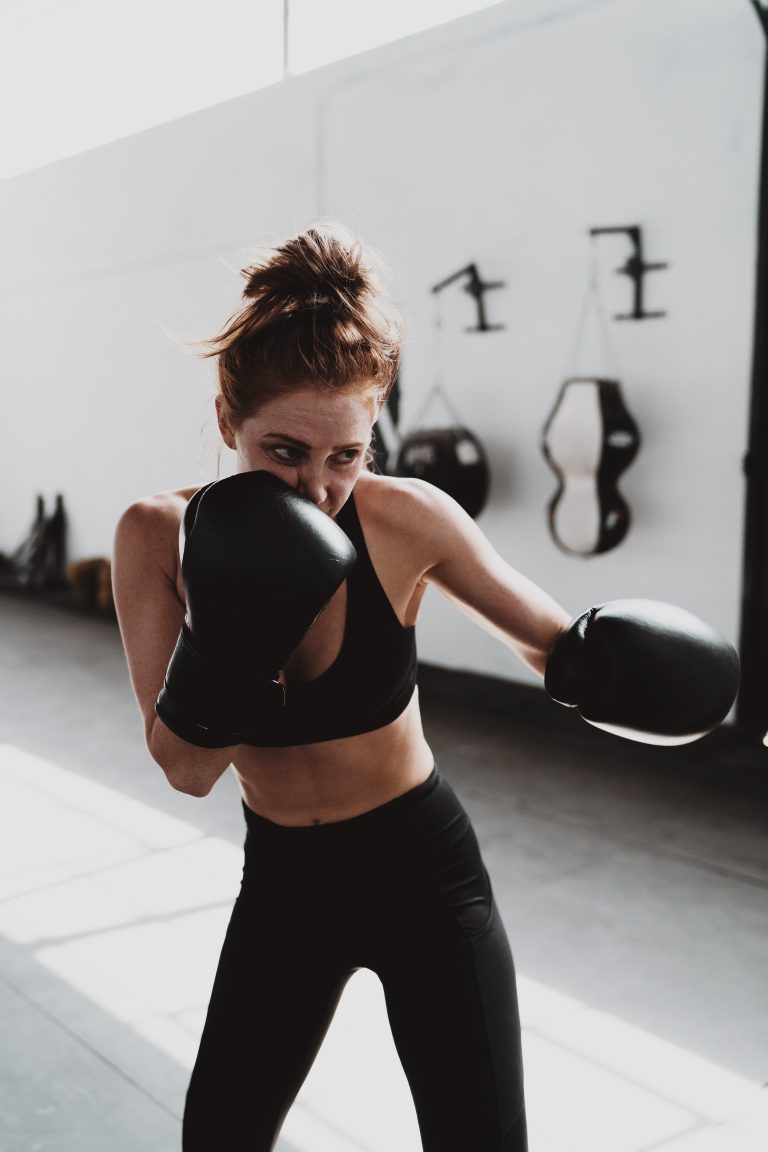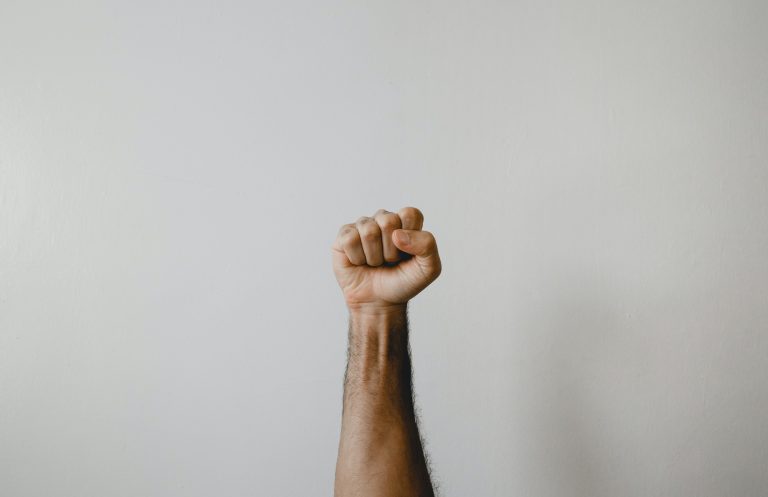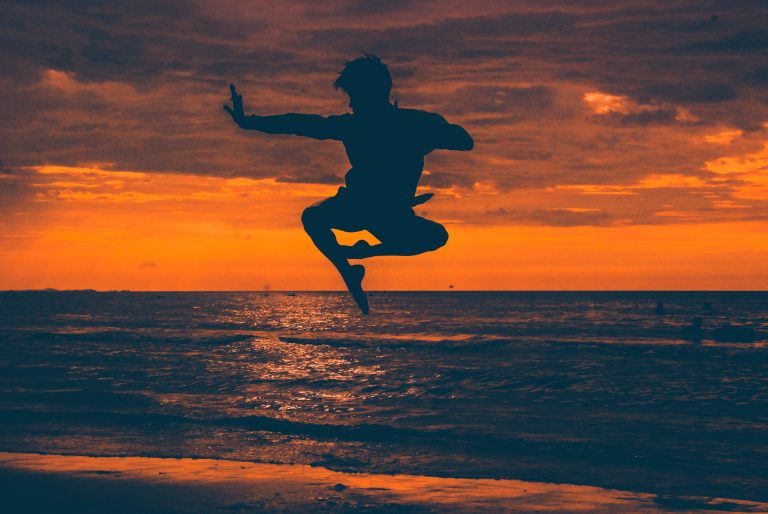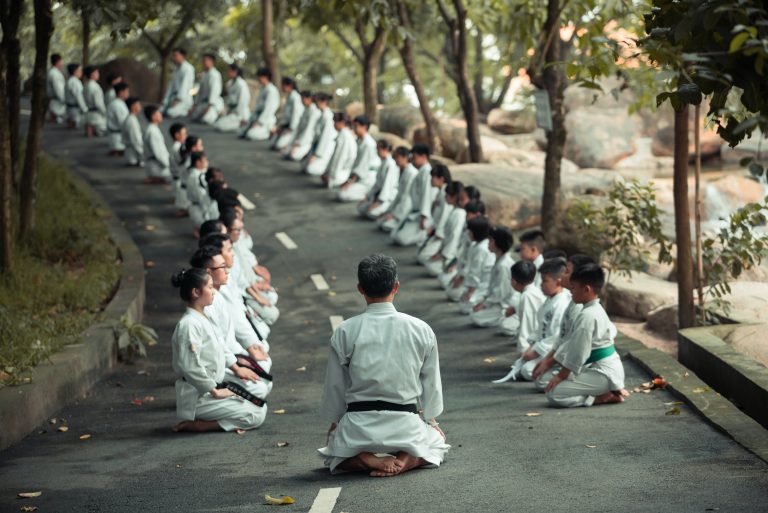What are the Skills in Karate? A Comprehensive Guide
Karate, a Japanese martial art, focuses on striking with the hands and feet, grappling, and joint-locking techniques. Training in karate requires both physical and mental discipline to achieve mastery. But what are the specific skills that a karate practitioner needs to learn? In this comprehensive guide, we’ll explore the essential skills of karate that every student should master.
1. Kihon (Basic Techniques)
Kihon means “basic techniques” in Japanese, and it’s the foundation of karate training. This is where students learn the basic stances, punches, kicks, blocks, and strikes. They start by practicing slow and precise movements, paying close attention to their form and technique. As they progress, they increase their speed and power, eventually incorporating their kihon into more complex techniques.
2. Kata (Forms)
Kata is a Japanese term that means “form” or “pattern.” It refers to a series of moves that simulate a fight against imaginary opponents. Each kata has a particular focus and teaches a different set of techniques. For example, some katas emphasize kicks, while others focus on hand strikes or throws. Kata is an essential part of karate training because it teaches students how to execute techniques with proper form, speed, and power.
3. Kumite (Sparring)
Kumite means “sparring” in Japanese, and it’s the closest thing to a real fight in karate. Kumite is a crucial skill for karate practitioners as it allows them to test their techniques against a live opponent. Kumite can take various forms, from pre-arranged sparring to free-style sparring. Students must learn how to apply their kihon and kata techniques in a live situation while practicing control and discipline.
4. Bunkai (Technique Applications)
Bunkai is the process of breaking down a kata and analyzing each move to understand its practical application in combat. Each move in kata has a purpose, and bunkai is a way to explore the techniques in more detail. Bunkai provides students with a deeper understanding of karate techniques and how they can use them in self-defense situations.
5. Conditioning
Karate requires a high level of physical conditioning to achieve mastery. Students must develop strength, flexibility, speed, and endurance to perform the techniques correctly. Conditioning involves various exercises such as calisthenics, stretching, and cardiovascular training. It’s a critical component of karate training as it helps prevent injuries and enhances physical performance.
6. Mindset
Karate is not just about physical techniques; it’s also about developing the right mindset. Students learn to focus, be disciplined, and persevere through challenges. Karate training instills self-confidence, self-discipline, and mental toughness. It’s an essential skill that can be applied to all aspects of life.
The Most Frequently Asked Questions about the Skills in Karate
Karate is a martial art that has been practiced and perfected for centuries. It is a discipline that not only teaches self-defense, but also helps individuals physically and mentally. Many people are curious about the skills taught in karate, and often ask questions about them. In this blog post, we aim to answer some of the most frequent questions about the skills in karate.
What are the different types of skills taught in karate?
There are many different skills that are taught in karate. These include the following:
1. Kihon – Kihon refers to the basic techniques that are used in karate. This includes blocking, punching, striking, and kicking.
2. Kata – Kata is a sequence of movements that simulate fighting techniques. These movements are practiced until they become second nature.
3. Kumite – Kumite is a form of sparring. It can be either pre-arranged or free-style sparring, where participants practice their techniques with a partner.
4. Bunkai – Bunkai means application, and it refers to the use of techniques in a self-defense situation.
What physical skills do I need for karate?
There are a few physical skills that are necessary for karate. These include:
1. Balance – Karate involves a lot of movement, so having good balance is crucial.
2. Flexibility – Karate requires a lot of stretching and bending, so having good flexibility is also important.
3. Coordination – Karate involves using different parts of the body at the same time, so having good coordination is necessary.
4. Strength – Karate requires strength in order to execute techniques properly.
What mental skills do I need for karate?
Karate is not just about physical skills. There are several mental skills that are required for success, including:
1. Focus – Karate requires a lot of focus, especially when performing kata or kumite.
2. Discipline – Karate requires discipline in order to train regularly and make progress.
3. Courage – Karate can be intimidating, especially when sparring with a partner. Having courage is necessary in these situations.
4. Perseverance – Karate can be challenging, and progress may be slow. Perseverance is important in order to keep going.
Can I learn karate at any age?
Yes, karate can be learned at any age. Many people start learning karate as children, but it is never too late to start. In fact, many adults start practicing karate for its health benefits and the sense of accomplishment that comes with learning a new skill.
Do I need to have any prior experience to start learning karate?
No, you do not need any prior experience to start learning karate. Beginners are welcome and instructors will work with you at your own pace to develop your skills.
In conclusion
Karate is a martial art that teaches not only self-defense, but also physical and mental skills. Whether you are looking to learn a new skill or improve your fitness and mental well-being, karate can be a great option. By practicing kihon, kata, kumite, and bunkai, individuals can develop their physical skills. And by focusing, being disciplined, courageous, and perseverant, individuals can also develop important mental skills that can be applied to all areas of life. So, don’t hesitate to start learning karate at any age, and let the journey begin!
How to Develop Your Skills in Karate
Karate is not just a form of self-defense; it is also a way of life. Practicing karate can help you develop physical, mental and emotional strength. Learning karate requires dedication, patience, and a willingness to push yourself beyond your limits. If you are interested in getting started in karate, here are some steps you can follow to develop your skills.
Step 1: Find a Qualified Instructor
The first step to learning karate is to find a qualified instructor. Look for someone who has years of experience in teaching karate, and who is certified by a recognized organization. Make sure the instructor is someone you feel comfortable with, and who understands your goals and needs.
Step 2: Learn the Basics
Karate is built on a foundation of basic techniques. These include punches, kicks, strikes, blocks, and stances. Learning these basics is essential to building a solid foundation for your karate practice. Start by mastering one technique at a time, and practice until you can perform it with speed and accuracy.
Step 3: Build Strength and Flexibility
Karate requires strength, flexibility, and endurance. Regular exercise is essential to building these qualities. In addition to practicing karate techniques, you will need to engage in strength training and cardiovascular exercise. Focus on exercises like push-ups, lunges, squats, and sit-ups, as well as running or biking.
Step 4: Practice Regularly
Consistency is key when it comes to developing your skills in karate. Make a commitment to training regularly, even if it’s just a few times a week. Set aside specific times to practice, and make it a priority in your schedule.
Step 5: Attend Workshops and Seminars
In addition to regular training, attending workshops and seminars can help you develop your skills. These events allow you to learn from top instructors, and to network with other karate practitioners. Look for events in your area, or travel to attend events in other regions or countries.
Step 6: Compete in Tournaments
Competing in tournaments can be a great way to develop your skills in karate. Tournaments allow you to test your abilities against other practitioners, and to receive feedback from judges. Look for tournaments in your area, and ask your instructor if they have any recommendations.
Step 7: Embrace the Philosophy of Karate
Karate is not just about physical strength and skill; it is also about mental and emotional development. Embrace the philosophy of karate, which includes values like discipline, respect, and perseverance. Apply these values to your training, and to your life outside of karate.
Conclusion
Developing your skills in karate requires commitment, dedication, and hard work. By following these steps, you can build a strong foundation for your karate practice and develop your skills over time. Remember to find a qualified instructor, learn the basics, build strength and flexibility, practice regularly, attend workshops and seminars, compete in tournaments, and embrace the philosophy of karate. With perseverance and determination, you can become a skilled and well-rounded karate practitioner.
Inhaltsverzeichnis






